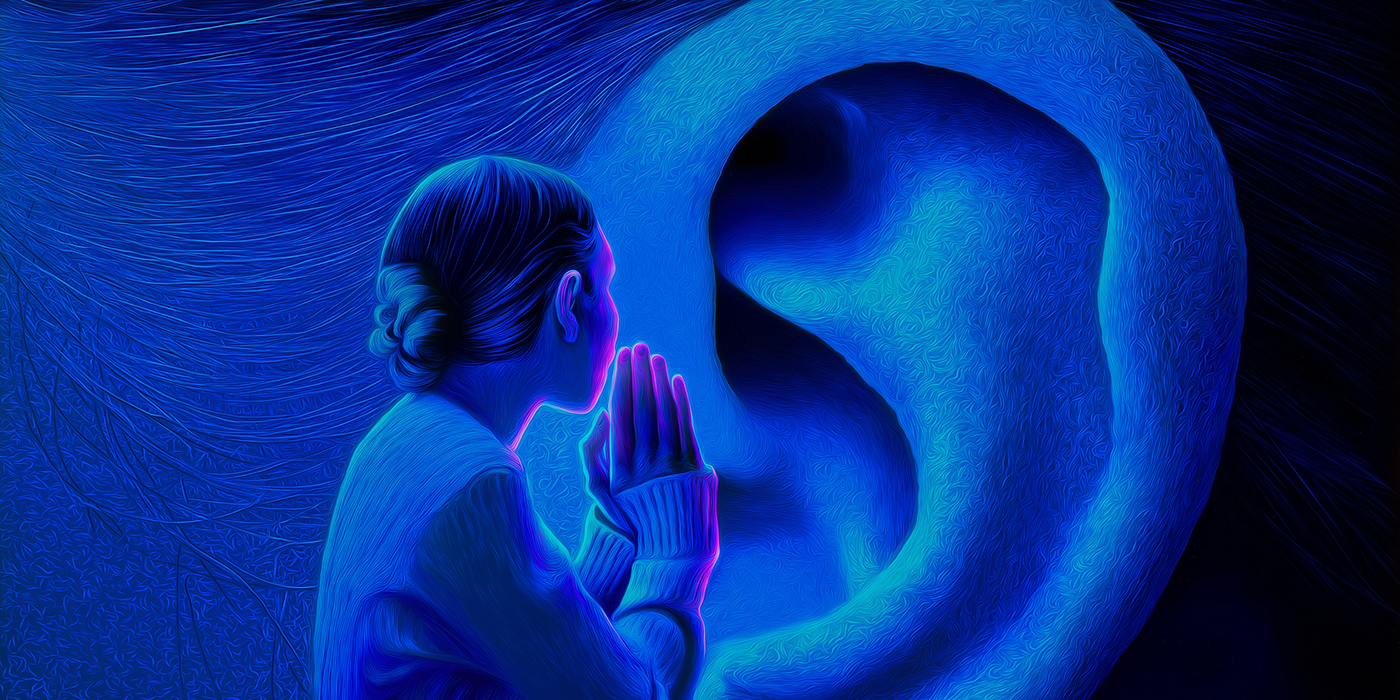Every person in recovery is different; every person in recovery is the same. That’s my conclusion after being among many fellow addicts in all stages of recovery. Unfortunately, I spent years stuck in the “white chip” stage of recovery—referring to the poker chip that many Twelve Step members pick up when starting or renewing the program. I started only once, but “renewed” a thousand times. Literally, a thousand times. I would wake each day thinking, “OK, yesterday’s slip was the last straw for me.” But each night would find me feeling utterly hopeless and defeated.
The phrase “Keep coming back” was the one flimsy reed I clung to as waves of addiction continuously washed away my sobriety.
As a sober sponsor today, I know exactly what my sponsees need—they need to work the Twelve Steps and have a spiritual experience. Imagine my frustration when no two sponsees ever work the Steps exactly the way I recommend, nor do any of them have a spiritual experience exactly when I think they should.
When I first came to SA, I was just like them. My sponsor told me exactly and precisely what I needed to do to get sober, but I completely avoided doing it. I heard him say, “Work the Steps,” but I ignored the Steps for weeks or months at a time. I heard, “Half measures availed us nothing” (AA 59), yet I tried half measures for years. I heard that I should regularly call my sponsor and that I should describe where I really was in recovery, every day. Did I listen? Nope. I wanted to be sober but I avoided doing anything I was told to do. I acted as if I were following my sponsor’s instructions, but addiction was still my master. After many years (yes, years!) of coming to meetings and not following the program, I became convinced that the Twelve Steps were useless. I felt sorry for myself. After all the time and effort I had put into recovery, I had nothing to show for it! Poor pitiful me!
At that low spot, I received suggestions from two other people. First, a relative sent me Joe and Charlie’s “The Big Book Comes Alive” (these are recordings which include a discussion of how the Twelve Steps were worked in the 1930s and 40s). Then my sponsor asked me to stop praying to “a God” that I had no understanding of or personal connection with. He urged me to search my childhood for any time I had ever felt the presence of a Higher Power.
At first, his suggestion seemed absurd. How could an adult rely on a childhood understanding of God? To my surprise, I found I could reopen a long-forgotten connection to a God I personally understood. Only after that could I really start to work the Steps fully and without reservation.
With the help of my newly found Higher Power, I gained the willingness to work the Steps instead of relying on the absurd hope that sobriety chips would somehow get me sober.
Placing aside my pride, I humbly worked Step One. I persisted in working the Steps, with help from more experienced people in recovery. I took each Step, “thinking it would be off the edge into oblivion” (SA 61). I no longer obsessed over my next white chip. I wholly surrendered myself to what the Steps might offer.
I cannot honestly say I worked harder after that—slipping every few days for years is brutally hard. I cannot say I worked smarter after that—lying, evading, cheating, denying, and manipulating required much more intelligence than telling the truth. But something definitely changed in me. I know, because those tired old “bumper sticker” sayings for which AA is well-known suddenly came true for me in very personal ways:
- “Easy does it” replaced my attitude of: “I must not be working hard enough on recovery yet.”
- “Keep it simple” replaced: “The Twelve Steps are a complex set of psychological theories.”
- “First things first” replaced: “Tackling everything at once proves that I’m productive.”
- “One day at a time” replaced: “I must earn a 10-year sobriety chip immediately!”
These changes did not happen overnight, but in time my emotional numbness began to thaw. I experienced a great moment of grief when I realized how much of my life had already been wasted in addiction. But then almost immediately, the grief was replaced by a tidal wave of happiness that the rest of my life was still mine to enjoy.
I was already attending church—unsuccessfully trying to “bleach” away the moral stains of my addiction—but I began to let my friends there see my real brokenness. I no longer built relationships on secrets. I stopped judging other people. I started to relax about tomorrow. I took better care of the people whom my Higher Power placed in my life. That feeling of uselessness and self-pity disappeared!
Thus, the promise that says, “That feeling of uselessness and self-pity will disappear” came true for me as the result of working the Steps. And when I stay active with my recovery, that promise continues to come true with each new day.
John I.






